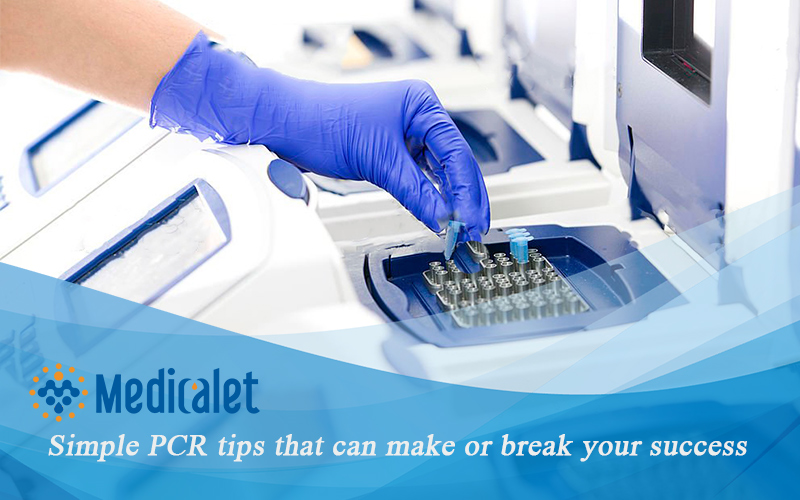
Pipetting solutions for PCR reactions
Before discussing various pipetting solutions, we would like to address one of the most important aspects of liquid handling. No matter which pipettes you choose, ensure that they are well maintained by regularly calibrating them and checking their performance in between uses.
The most affordable pipettes for master mix preparation would be manual single channel models. However, as you need to accurately measure and mix several very expensive reagents, we recommend investing in electronic single channel pipettes. The motor-controlled piston movement guarantees that they always dispense the exact desired volume, minimizing variability to increase the precision and accuracy of pipetting.
For the container, you can either prepare the master mix in a tube or, if you intend to transfer it with an electronic multichannel pipette, in a low dead volume reagent reservoir. The combination of an electronic multichannel pipette and a reservoir is ideal for this step, because you can fill several tubes or wells simultaneously. On top of that, electronic multichannel pipettes usually feature a repeat dispense mode, allowing you to aspirate a large volume of master mix, then dispense it into multiple smaller aliquots. It is also possible to use an electronic single channel pipette if you have a low throughput.
To add template DNA to the master mix aliquots, an adjustable tip spacing pipette can be very handy if the labware format of your samples doesn't match the container used for PCR amplification. For example, it allows you to transfer several template DNA samples from microcentrifuge tubes to an entire row or column of a 96 well plate in one step.
High throughput labs might even want to take advantage of automated solutions for master mix plating and sample transfer, such as a pipetting platform that is capable of automating electronic pipettes.
When it comes to consumables, make sure you purchase sterile products that are certified to be free from DNase, RNase and PCR inhibitors. Pipette tips should form a perfect seal with the pipette to eliminate contamination that may occur when tips drip or fall off. Using filter tips will also avoid the risk of aerosols entering your pipettes and contaminating subsequent PCR reactions.
As you're a potential source of contamination too, always wear gloves to prevent introducing enzymes, microbes and skin cells to the reaction, and change them when going from one area to another. On top of that, keep your tubes closed whenever possible during the entire PCR set-up.
Despite these preventative measures, you can't completely eliminate the possibility of contaminated PCR reactions. To avoid having to throw away your entire stock of a certain reagent if this occurs, prepare single use aliquots of your master mix components. You can also prepare aliquots of positive and negative controls, as well as serial dilutions of standards for quantitative PCR (qPCR) assays, ahead of time. Electronic pipettes with repeat dispense and serial dilute modes can be helpful for this task, not only to reduce the risk of contamination, but also to increase the efficiency of PCR set-up.
Conclusion
PCR is a fundamental technique in research, diagnostics and forensics. It often involves pipetting minuscule reagent volumes with tricky properties, so it can be difficult to obtain the desired results. On top of that, contamination can have a huge impact on results, as it's a very sensitive assay. We hope that the tips and tricks provided in this article will help you make your future PCR reactions a success. Many of these recommendations can also be applied to other amplification assays, such as reverse transcription and qPCR, loop-mediated isothermal amplification (LAMP) and helicase-dependent amplification (HDA).
Medicalet can provide you with the best PCR consumables sterile products that are certified to be free from DNase, RNase and PCR inhibitors retention to make you success.
Learn more: https://www.medicalets.com/liquidhandling.html
https://www.medicalets.com/pcr.html
